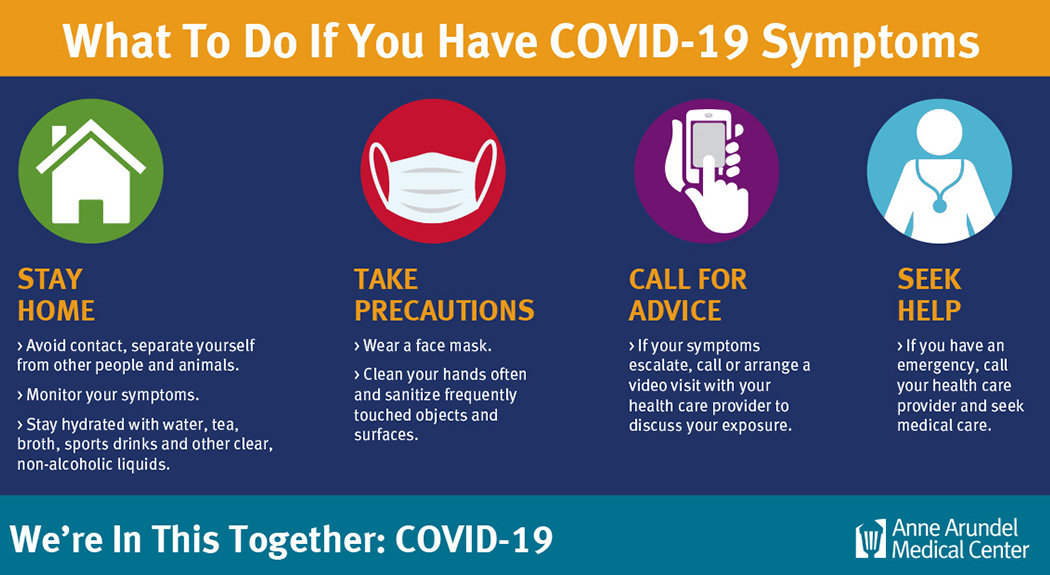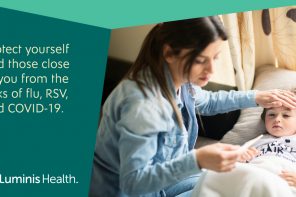Coughing. Fever. Trouble breathing.
These are some of the potential symptoms of the novel coronavirus (COVID-19).
If you or someone in your family exhibits these symptoms, the Centers for Disease Control and Prevention (CDC) recommend you call your health care provider.
Most people will have mild illness and will be asked to recover at home. If this applies to you, here are the steps you should take.
Stay home
Unless you are seeking medical care, please stay home. Self-isolate in a room away from other people in your home as much as you can.
Use a different bathroom if you have one. Clean “high-touch” surfaces in those rooms, but let someone else clean and disinfect surfaces in common areas. Such surfaces include phones, remote controls, counters, tabletops, doorknobs, bathroom fixtures, toilets, keyboards, tablets, and bedside tables.
Don’t share dishes, drinking glasses, cups, eating utensils, towels/wash cloths, bar soap or bedding with other people in your home. Wash these items thoroughly after using them.
Wash your hands
Hand washing is the single most important step in preventing infection from COVID-19. Use soap and water or alcohol-based hand sanitizer to wash your hands, and have every member of your family do the same.
Wash your hands after you touch surfaces, use the bathroom, cough, sneeze and before you eat or prepare meals.
Monitor your symptoms
If you are experiencing more serious symptoms, such as difficulty breathing, pain or pressure in the chest, confusion or bluish lips, call 911 and say you may have COVID-19. This will allow health care providers to take steps to protect themselves and other patients.
Wear a cloth covering, scarf or face mask if you have one. If you don’t, cover your coughs and sneezes with tissue. The CDC advises that you practice social distancing by staying at least six feet away from others.
When it’s okay to stop home isolation
You can stop isolating when you’ve had no fever (without taking fever-reducing medications) for at least 72 hours, your other symptoms have improved and it has been a least seven days since your symptoms first appeared, the CDC says.
After your fever has subsided, we recommend you follow these prevention steps for 10 days:
- Stay home except to get medical care.
- Don’t go to work or any public areas.
- Avoid using public transportation, ride sharing or taxis.
- Ask a friend or family member who is healthy to help you with errands including buying groceries or picking up medications.
- Avoid people who are at high-risk of developing severe infections from COVID-19, including elderly people, people who are immunocompromised and people who have chronic health conditions such as chronic heart, lung or kidney problems.
 Jean Murray is Anne Arundel Medical Center’s director of Infection Control.
Jean Murray is Anne Arundel Medical Center’s director of Infection Control.




